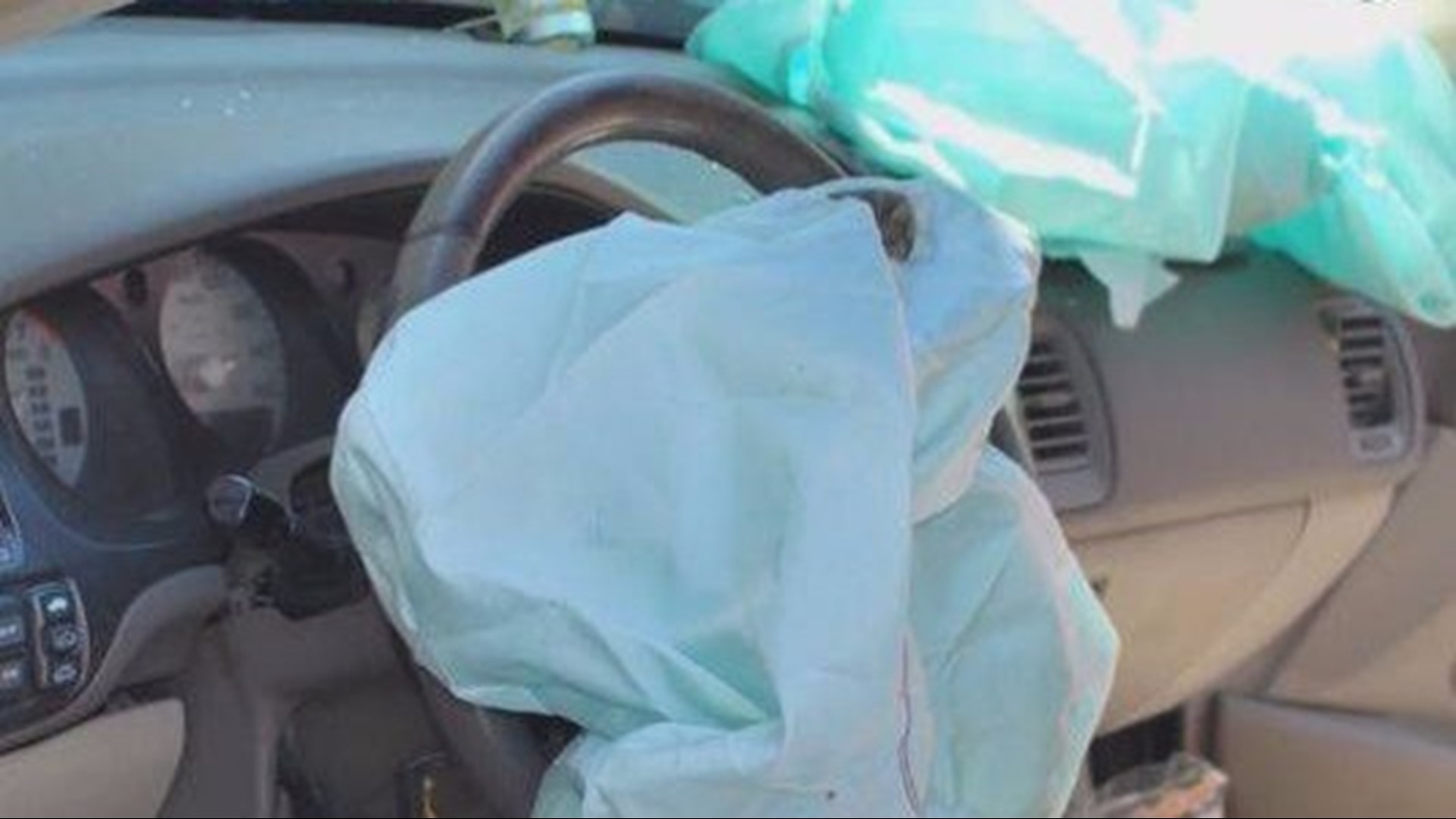
More than 33 million Americans drive vehicles that pose a potentially dangerous threat: airbags inflators that, in rare cases, may burst and spew shards in a crash. According to the Associated Press, only a few of them are aware of it.
Furthermore, they are unlikely to find out very soon due to a squabble between federal safety inspectors and an airbags parts manufacturer.
The NHTSA has asked that the manufacturer, ARC Automotive of Knoxville, Tennessee, recall 67 million inflators that have the potential to blow apart a metal canister and release shrapnel. However, ARC is resisting, perhaps resulting in a court struggle with the agency.
According to the NHTSA, the recall is necessary because ARC’s inflators have killed two people and injured at least seven others in the United States and Canada. The explosions, which started in 2009, are still going on.
The NHTSA tentatively concluded that the inflators are faulty after an eight-year investigation. According to federal data, the inflators date from at least the 2002 model year to January 2018, when ARC installed equipment on its manufacturing lines to identify potential safety hazards.
According to the Associated Press, Marlene Beaudoin, a 40-year-old mother of 10 from Michigan’s Upper Peninsula, was killed after her 2015 Chevrolet Traverse SUV was hit by metal fragments.
What does the ARC have to say?
According to ARC, there is no safety defect, the NHTSA’s demand is based on a hypothesis rather than technical results, and the agency lacks the jurisdiction to order a component manufacturer to carry out recalls, which ARC maintains are the responsibility of automakers.
ARC noted in a letter to the NHTSA that no automaker has detected a fault that is common to all 67 million inflators, and no underlying cause of the inflator ruptures has been identified.
“ARC believes they resulted from random ‘one-off’ manufacturing anomalies that were properly addressed by vehicle manufacturers through lot-specific recalls,” the letter said.
In a statement, the NHTSA stated that recalls are the responsibility of both ARC and automakers and that it can demand a recall from a parts manufacturer that supplies numerous automakers.
The NHTSA will then issue a final determination on whether the inflators are defective, followed by a public hearing. It may require ARC to court to obtain a recall order. The NHTSA will not specify when or if any of this would occur.
Meanwhile, owners of vehicles from at least a dozen manufacturers — Chevrolet, Buick, GMC, Ford, Toyota, Stellantis, Volkswagen, Audi, BMW, Porsche, Hyundai, and Kia — are left to wonder whether their vehicles have ARC driver or front passenger inflators. (ARC inflators are found on both sides of some cars.)
There is no one way for automobile owners to determine whether their inflators are manufactured by ARC because ARC sells inflators that are integrated into airbags manufactured by other manufacturers. Neither the NHTSA, the ARC, nor the manufacturers have released a detailed list of automobiles that are affected.
